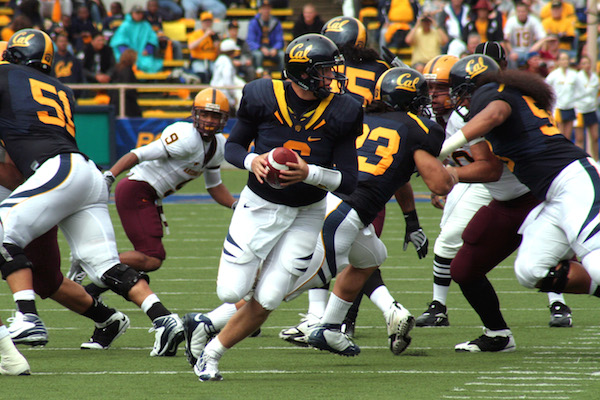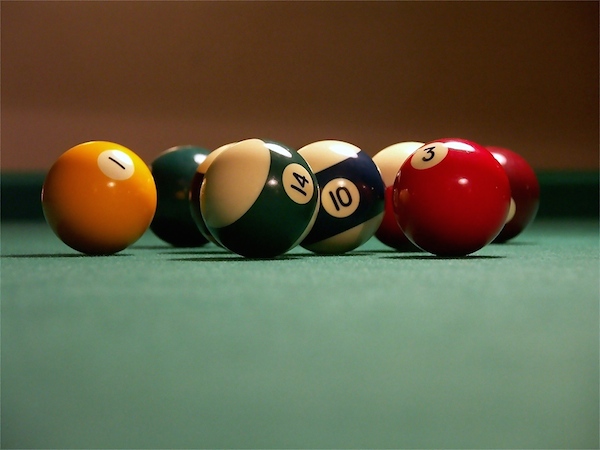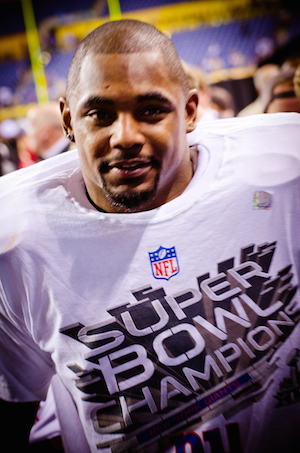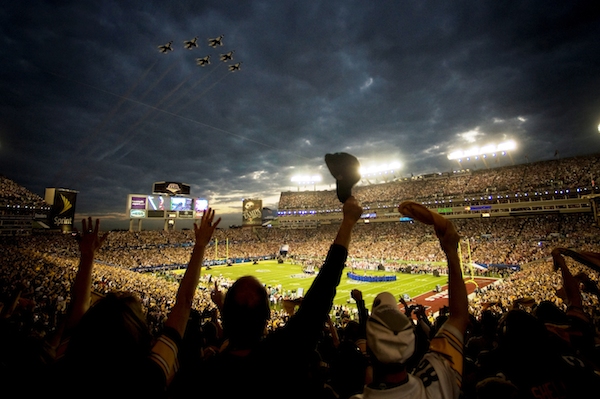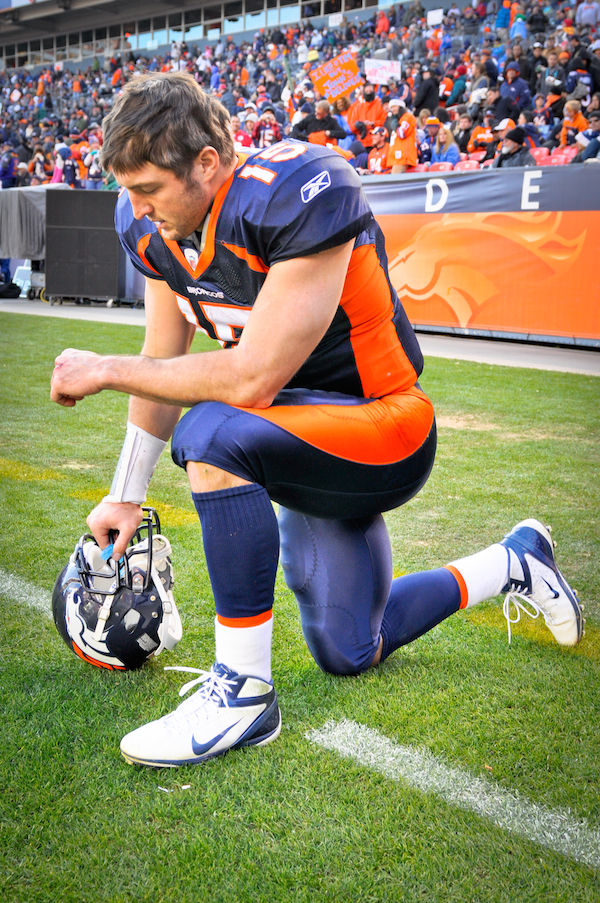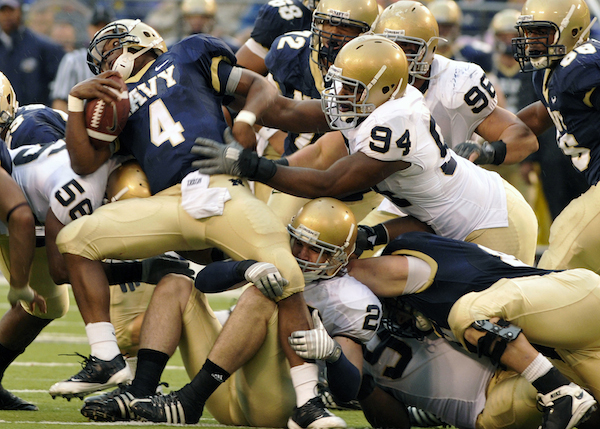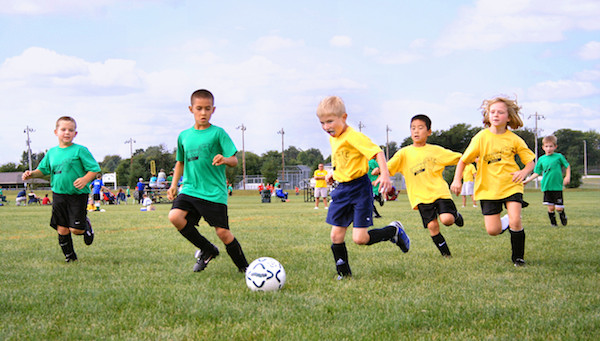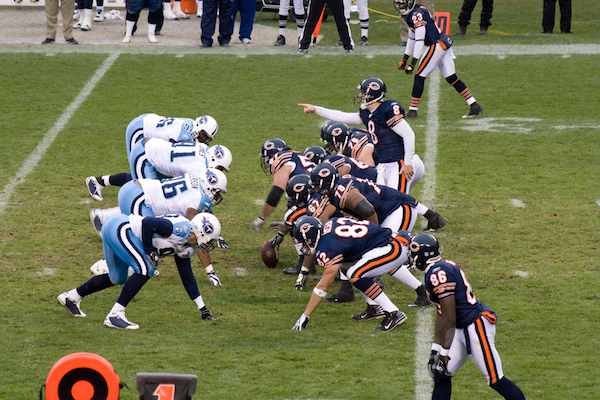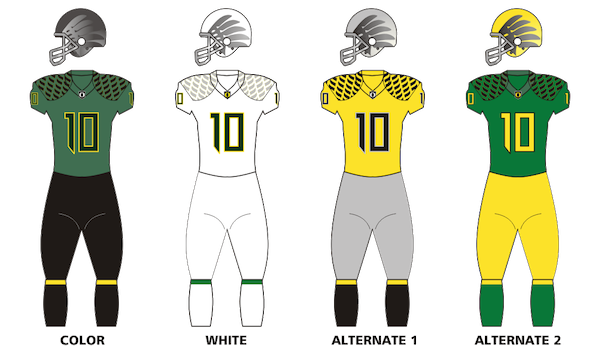Dear Sports Fan,
My partner is a big football fan and I’m wondering if there are any tricks to start enjoying watching football more. I want to be able to enjoy a game with him but the game seems so complicated that it’s hard to know where to start in trying to understand it.
Thanks,
Ken
Dear Ken,
I imagine this is a problem that many football watching newbies face. One of the sports blogs I read, Deadspin, jokingly addressed this issue the other day in a post titled, “Football is the Hardest Sport to Explain to Children and Dumb People.” In it, the author Drew Magary describes the problem and through his tongue-in-cheek impatient vulgarity, describes the reward for those who develop football understanding:
Football… almost goes out of its way to keep you at arm’s length. You can’t watch football for the first time and know, intuitively, what the hell is going on. The announcers don’t pause to explain every little thing to you, which is good because that would be really fucking annoying. But even the referees don’t know the rules to the game anymore. It can all be rather intimidating…
It takes a while to figure out what’s going on in a football game but, once you’ve got the basics down, watching becomes intensely rewarding.
Fear not though Ken, I think that I may have one little thing that you can do each play that will get you in engaged in the game and will teach you a lot about football along the way.
Once you understand the basics of down and distance (and if you don’t, I wrote a post about it a while back) the next thing to do is play the run or pass game. The rules are simple — as soon as the ball is snapped to start a play, shout out RUN or PASS. If you are watching with a friend or your partner and you are sporting people, put a small wager on each play. According to wikianswers.com there are around 125 plays in a football game. So put 10 cents on each play and you’ll end up being able to buy your friend a beer or a popcorn.
Here are three tips you can use to win the game:
- Think about the down and distance. If it’s second or third down and the team with the ball needs less than three yards to get a first down, they are more likely to run the ball. If it’s third and ten to fifteen yards, the team is likely to throw.
- Watch the offensive line. The Center (who snaps the ball to the Quarterback,) the Guards (the two men on either side of him,) and the Tackles (the two men on the outside of the Guards) will usually try to knock the defensive players opposite them backwards if it is a run play. If it is a pass play, the offensive line will usually fall back, allowing the defensive line to move forwards, but trying to maintain a protective “pocket” around the quarterback so he can throw the ball before he is tackled.
- When in doubt, guess Pass. The NFL has slowly been evolving into a league where most teams pass most of the time. Last year teams passed 57% of the time, tied for the highest in NFL history.
Ezra Fischer

